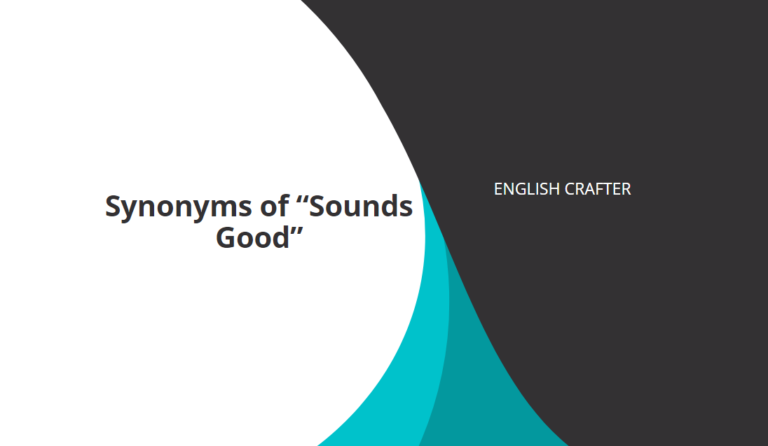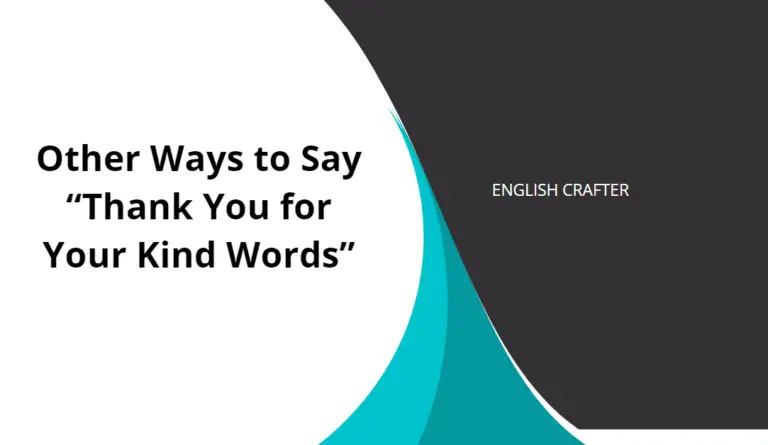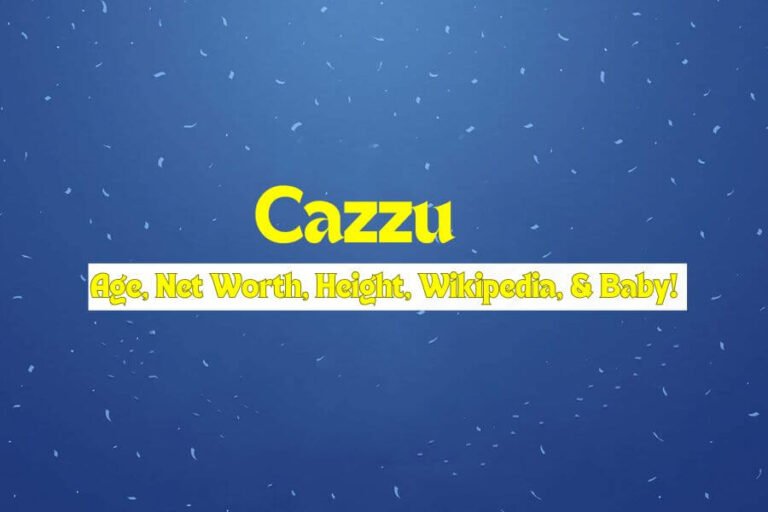How Long is Soon? Understanding the Flexible Timeline of ‘Soon

How long is soon? This simple phrase, “soon,” is commonly used in daily language, yet it holds a range of interpretations depending on context, culture, and individual perception. By exploring these differences, we can better understand what “soon” means in various settings and why it often creates ambiguity. Let’s dive into what “soon” means, how it’s used, and the best ways to interpret this timeframe.
What Does “Soon” Mean?
- “Soon” is generally understood as a short timeframe for something expected to happen, but it lacks a specific timeline.
- This vagueness allows “soon” to adapt to different situations, from minutes to days, depending on context.
How Long is “Soon” in Daily Life?
- In casual conversation, “soon” can imply within the hour or later in the day. For instance, someone might say, “I’ll get there soon,” meaning they’re on the way, but it could be a few minutes or a bit longer.
- Family and Friends: Often, when we say “soon” to loved ones, it may mean a relaxed timeline. For example, “I’ll visit soon” might imply days, weeks, or even months.
How Long is “Soon” in Business?
- In professional settings, “soon” takes on different meanings based on the industry:
- Customer Service: For customer support, “soon” typically means within 24-48 hours.
- Project Management: In a project context, “soon” might mean a few days to a week, particularly when awaiting updates or deliverables.
- Corporate Communication: In emails or memos, “soon” is often used to indicate a relatively quick turnaround, like a day or two, unless otherwise specified.
How Long is “Soon” in Medical and Healthcare Contexts?
- In the medical field, the term “soon” might reflect the next available time frame for an appointment, ranging from a day to weeks.
- Results and Follow-Ups: When waiting for medical test results, “soon” could mean within days or up to a week, depending on the test type.
Comparing “Soon” with Other Time Terms
- Terms like “immediately,” “shortly,” and “eventually” each carry different senses of urgency.
- Immediately: This suggests no delay at all, typically within minutes.
- Shortly: This implies a bit of waiting, usually up to a few hours.
- Eventually: It suggests a longer time, possibly days, weeks, or even months.
How Long is “Soon” from a Cultural Perspective?
- In some cultures, “soon” might mean an immediate response, while it can reflect a more relaxed pace in others. For instance, in countries like Germany, “soon” might mean within the day, while in some Mediterranean cultures, it may indicate a more flexible timeframe.
Psychological Perceptions of “Soon”
- Our interpretation of “soon” often depends on psychological factors such as urgency, personal expectations, and anticipation levels.
- Research shows that when people are highly anticipating something, the wait feels longer, making “soon” feel slower in contexts with a lot of excitement or anxiety.
Communicating “Soon” More Clearly
- To avoid misunderstandings, try replacing “soon” with more specific estimates. For example, instead of “I’ll call you soon,” say “I’ll call you within an hour.”
- A clearer timeline ensures the person you’re communicating with knows when to expect you or your response.
Common Questions About “How Long is Soon”
- Is “soon” within a day? Often, yes, especially in personal and casual settings.
- How long is “soon” in an email response? In professional emails, “soon” generally means within the day or by the next business day.
- What’s the difference between “soon” and “shortly”? “Shortly” is generally a quicker timeframe than “soon,” usually within an hour or two.
Conclusion
The term “soon” might seem straightforward, but its meaning is open to interpretation, making it essential to consider the context and setting. Whether in personal conversations, business dealings, or medical appointments, “soon” can mean different things to different people. Using specific timeframes can help eliminate ambiguity and set clearer expectations.






